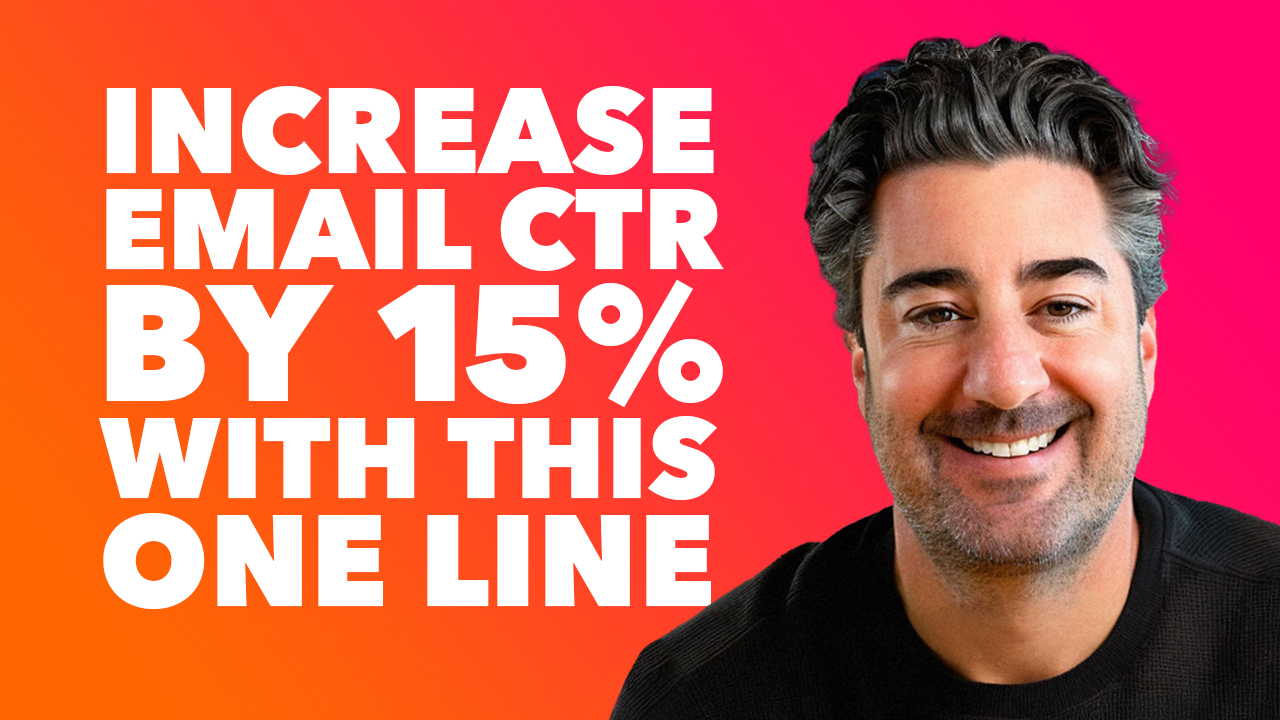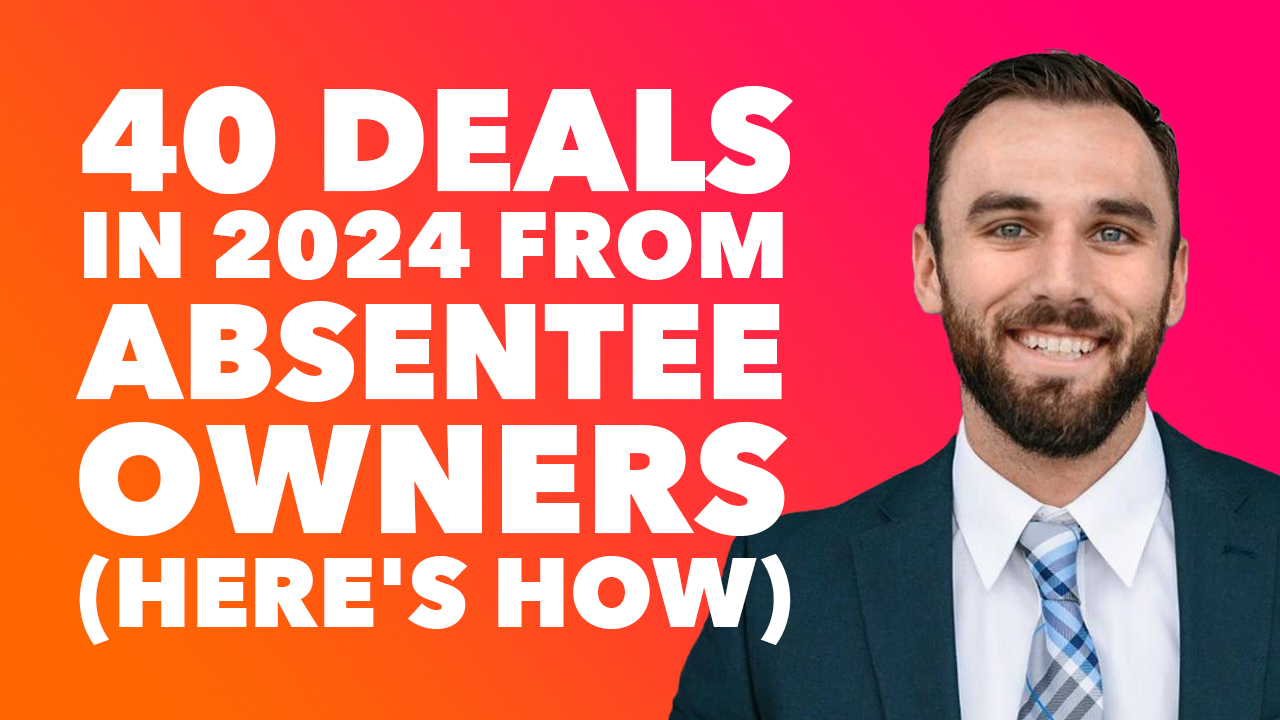Ep. 41: Interview with David DeCelle: Paving Your Way to Financial Success
In business, going off on your own comes with its fair amount of risks. This was a risk that entrepreneur and financial expert David DeCelle of Financial Advisors’ Alliance was willing to take.
In this episode of Stay Paid, Josh and Luke talk with David about his journey right out of college that took him from being a part of a company to starting out on his own and building his business of financial coaching.
Key Points
- How to overcome struggles to hit success
- The marketing that works to grow a business
- The framework for a happy professional and personal life
Tell us more about yourself and your backstory.
I started out as an advisor fresh out of college and spent seven years building my practice with the firm. I ran our new advisor development program and built our ranking. I was a young leader coaching people who were older than me and it was a weird makeup—I really didn’t know what I was doing in that first year. Financial advising is all about impact, income, and independence. The more impact you have, the more income you’ll end up with. I ultimately decided to go into business by myself. I now do a lot of work with attorneys, CPAs, individual advisors, billion- dollar firms, and real estate agents. There’s so much crossover between these industries that people don’t realize.
How did you turn your team around when you were struggling in the beginning? What did you find out were the main pain points?
Identifying key leaders at my old firm was my job. As soon as I doubted someone, I would mentally check them out. In that following year, we went back to the drawing board and decided our mission was to make sure people were better off for meeting us. It’s all about awareness and who knows you, not who you know. When people have that need for what you offer, they’ll think of you for when that need comes up.
Were you using cold calling, social media, or sphere of influence marketing? What was your team focused on to get clients?
The firm I started out in, we started with people we knew and a certain percentage became clients. We started asking ourselves how we can get to know someone to where they’re a client. We focused on connectivity, not just connection, so this helped with referrals. We also focused on alumni dials—so people we went to college or high school with. We wanted to have some connection with them already so it wasn’t a completely cold call. Another tactic we used was instead of calling right away, we’d email the person first letting them know we were going to call.
Walk us through what you coach on.
I have a lot of free resources available before they’re ready to buy and reach out about other services. What we coach on is what people’s pain points are. If I can’t solve those problems, I introduce them to someone in my network who can. My services range from personal branding to mindset to prospecting language to creating a WOW client experience. A lot of it comes down to activity. High activity equals low anxiety and vice versa. I also want to educate people on the metrics behind the business. They get psychological income but not actual income, which feels good in the moment but doesn’t equate to sustainable business. A lot of my coaching is about the activity that needs to be done to get the business.
What advice would you give to someone to build that system and how do you continue to track that?
I think that with tracking those KPIs—whether it be closing appointments or phone calls or whatever the metric is—you need to be tracking those on a daily basis. What it does is remove emotion from that day, whether the emotion is good or bad. It allows you turn the page and not look back. You need to define what your process is and the KPIs you’re striving for. No one is holding your hand. For every person you reach on the phone, you should be booking half of them. If I see that you’re only booking 25 percent of the people you reach, I know as a coach we need to work on your phoning language.
In terms of growing your business, what have been some of the major challenges that you’ve faced as an entrepreneur?
The challenge I’ve faced is offering stuff for free and then needing the courage to ask for money at some point. I wanted to do this the right way and build relationships with people, knowing they were going to come back. Figuring out what to charge for and what to give away for free was a major challenge. I think I underpriced myself in the beginning, so I started increasing prices, and I realized I could provide more value and impact to their business that way. I have a coach myself who gave me that confidence.
Has giving away free resources seen a substantial return for you?
Things are still unfolding. The free content has generated revenue, but what it has really done is create a ton of clout. It positions me as an authority figure—the trusted advisor. It has generated introduction to these multi-billion-dollar firms to redevelop their training programs. When someone does their research, they have plenty of ways to get to know me.
Talk to us about your new book, 7 Mistakes to Avoid When Building a Personal Brand.
I compiled a list of different mistakes that I was making as I was building my personal brand. The goal of the book is to get people to avoid those same mistakes and to get them to build their brand. It’s going to really help position me as an authority figure.
How did you get to the point of being a content creator?
Most of my content I create is done in the early morning hours, before most people are even awake. When I was writing my book, I’d do it first thing in the morning. After five to six months, all those little steps add up and you have a book.
What do you do every day to really drive your success—either in your business or personal life?
In terms of daily habits, I do five things every day. Two of them involve moving me forward as a person. An example of that is taking time to read, eating clean, or going to the gym. The other two things are about moving my business forward: getting through x amount of phone calls, x amount of emails, and creating content. The last thing is moving other people forward. I try to do two good deeds every day. All of these things help me have a well-rounded day every single day. I can’t control the results, I can just control my effort. I plan out these things the night before because I think envisioning things can really move things forward.
Now that you know what you know, what would you go back and tell your younger self?
My first year out of college, my goal was to make $100,000, which I did, but the year leading up to that I was miserable. I was so focused on that result and the “next thing.” So I would tell myself to enjoy the process more because there’s always an opportunity to learn and to make an impact. If you measure your day in those micro-moments, you end up creating you own happiness.
Where can you connect with David?
Website – daviddecelle.com
Instagram – @david_decelle
Facebook – @thefinancialadvisorsalliance
Action Items
Following the podcast, our goal is to provide you with as many actionable tips as possible. For this episode, they include…
- Put this framework of what to do every day into action. Better yourself and your business, and help someone else.
As always, take action on these tips!

















 Soundcloud
Soundcloud iHeart Radio
iHeart Radio Spotify
Spotify Spotify
Spotify


